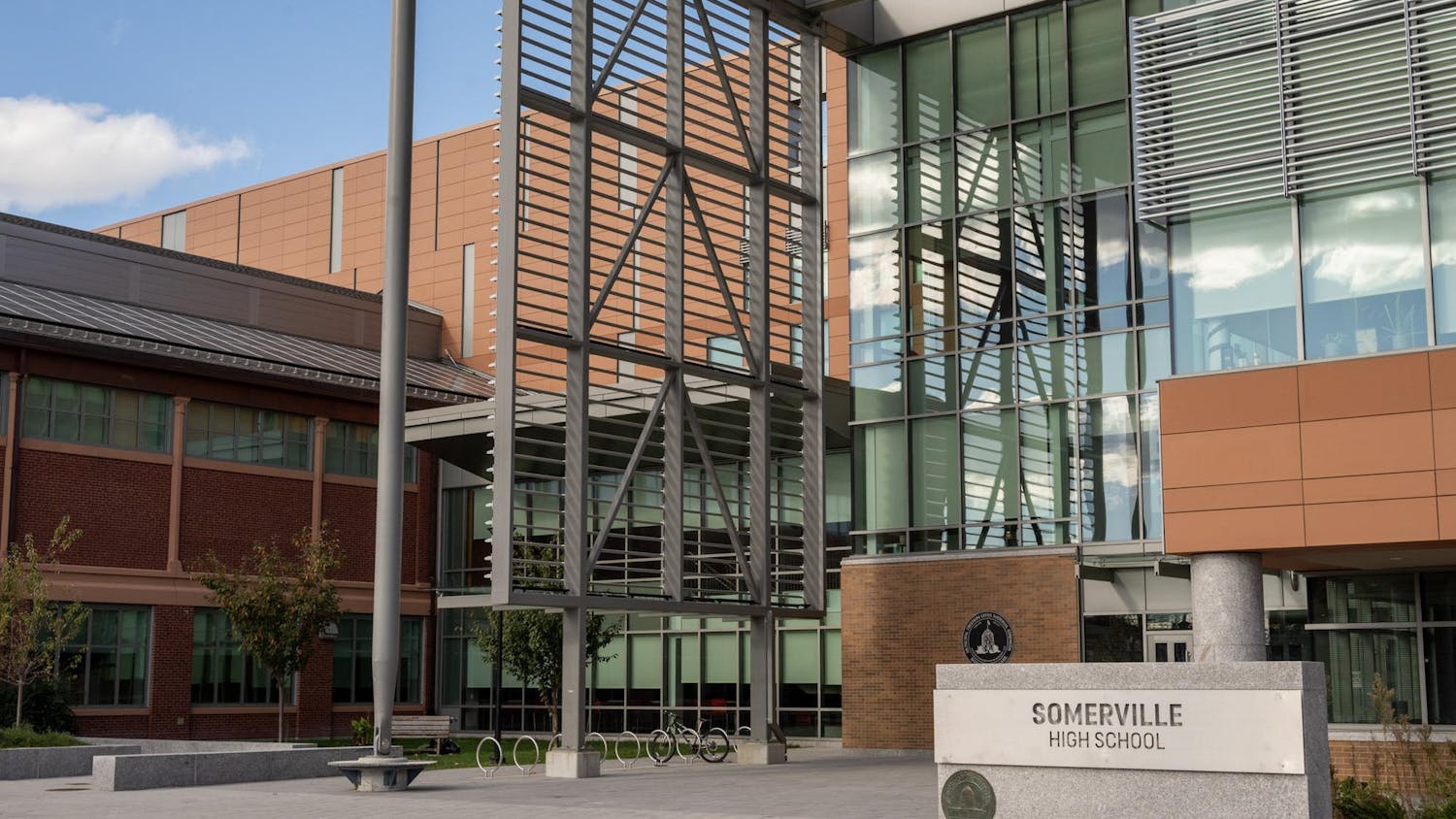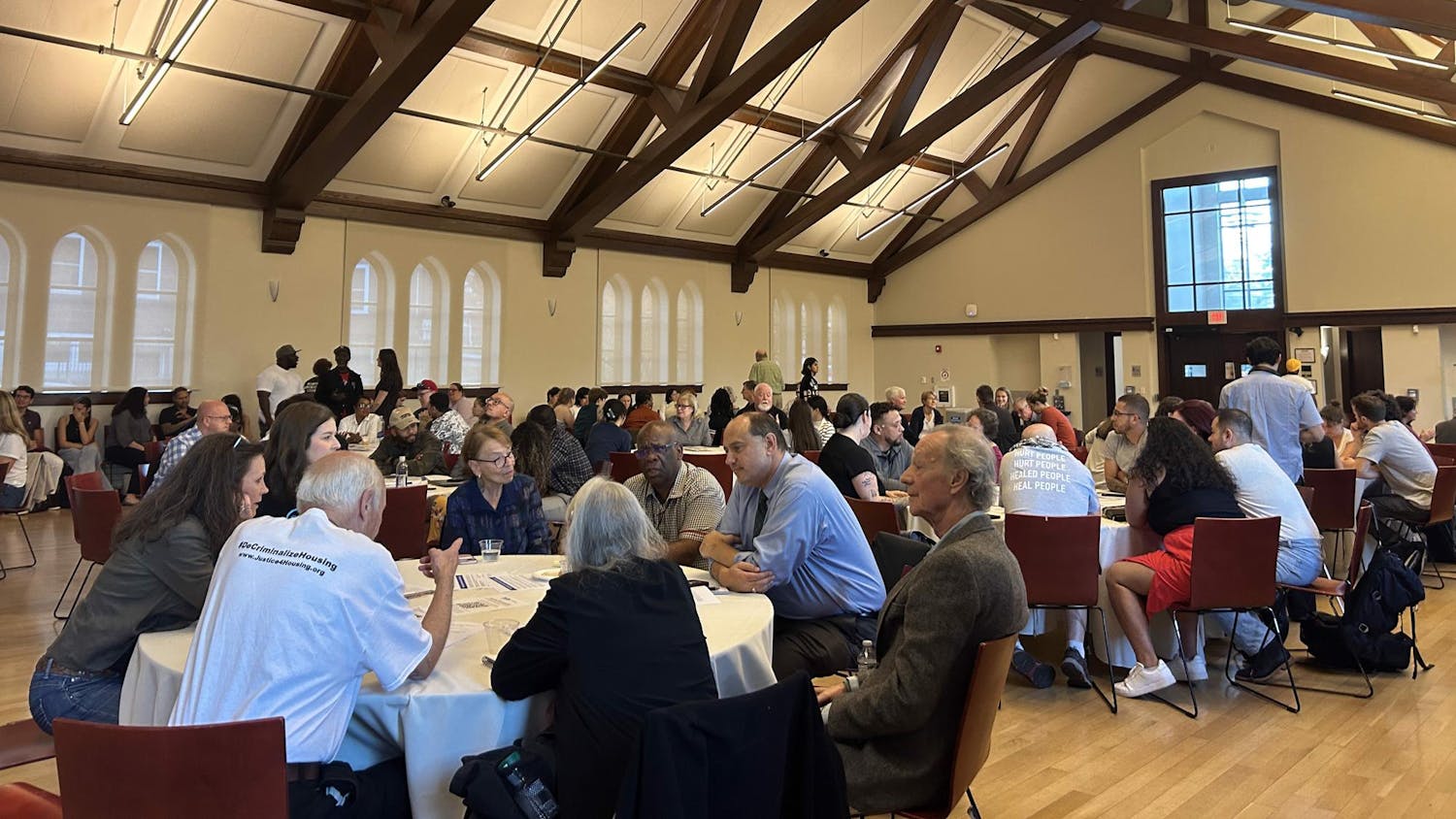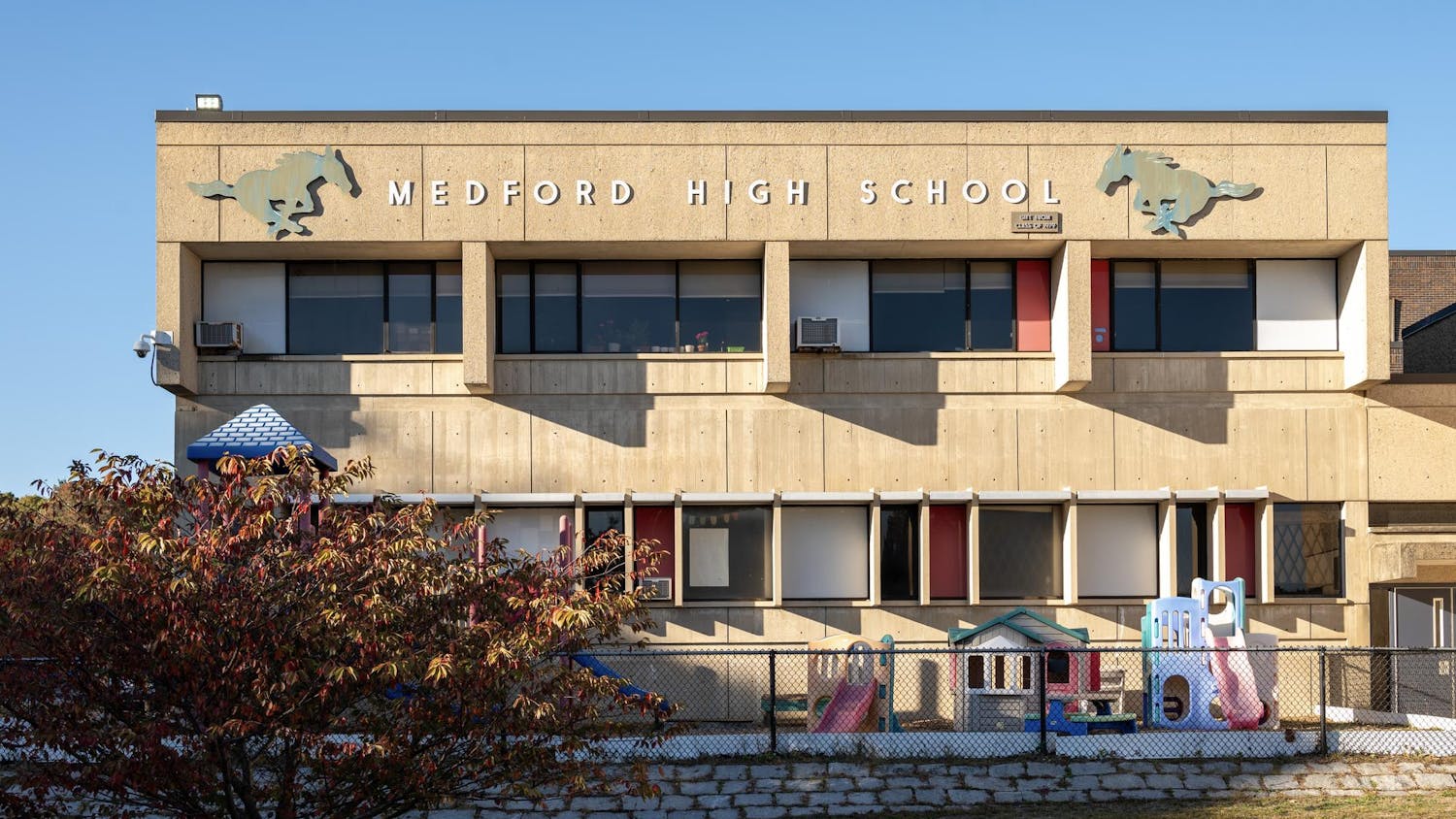The City of Somerville at the end of February announced their long-term SomerVision plan, which lays out changes the community feels need to be implemented by 2030.
SomerVision includes goals calling for the addition of 30,000 jobs, 125 acres of open space and 6,000 units of new housing, 1,200 of which will be designated affordable.
After over 50 public meetings spanning the past three years, Somerville citizens authored the plan to reflect how they hope to see the city evolve over the course of the next 20 years.
"It's not a top-down plan," City of Somerville Director of Communications Tom Champion told the Daily. "This long, collaborative process involved residents, community leaders and community groups and a lot of dialogue and iteration."Citizens who contributed to the SomerVision plan were divided into subcommittees based on their area of expertise and interests within the Somerville community. For example, Mark Alston-Follansbee, executive director of the Somerville Homeless Coalition, served on the housing subcommittee, where he worked to facilitate housing in Somerville for the poor. "We all agreed that we don't have enough affordable housing now, so we were going to work to create more," Alston-Follansbee told the Daily. "What was satisfying about the process was I felt I was heard at every step of the way and my input was valued."
Although involvement in the subcommittees necessitated a major time commitment from each of the citizens involved in the process, Alston-Follansbee is confident that the final result made it all worthwhile.
"The way communities work best is when you've got both an informed and an engaged citizenship," Alston-Follansbee said.
"It's in everybody's best interest to keep pushing the city to do the right thing and it's indicative of the kind of community we have where people have shown that they really do care."
Somerville Mayor Joe Curtatone held a reception at Somerville City Hall to recognize the citizens who contributed their time toward formulating the comprehensive SomerVision plan.
"Part of the reason the whole process took so long was that as much as we would do brainstorming where everyone threw out their hopes and dreams for what could happen, we also had to try to be realistic," Alston-Follansbee said.
"None of us expect that all of it can be achieved, but we wanted to have something that was forward looking with the understanding that there are lots of different factors that'll come into play on a daily or annual basis that'll affect what we're able to do."
For Alston-Follansbee, the creation of SomerVision was successful due to its prioritization of affordable housing and homelessness prevention programs, among several other issues. But for other Somerville citizens, SomerVision symbolizes a diversity of changes that they anticipate will transform the city.
"What makes Somerville special and what they want to preserve is the social ethic and economic diversity of the community, the richness that the density of Somerville provides to daily life," Champion said.
"2030 is a long way out and there's always a chance that it'll change, but what's powerful about this document is that it provides a roadmap for the development that can adapt over time."
Mimi Graney, executive director of Union Square Main Streets, served on the neighborhoods subcommittee, where citizens focused on more general ideas that they hope the City of Somerville will accomplish, such as providing open space for schools and profitable businesses that provide jobs for area residents, she told the Daily in an email.
"Creating a neighborhood and preserving the character of the neighborhoods already existing was a key challenge for our group," Graney said. "This isn't a master plan - the Comprehensive Plan doesn't show us exactly what the future is going to look like - but it does lay out our values and dreams, as well as to do a list of sorts for managing changes."





